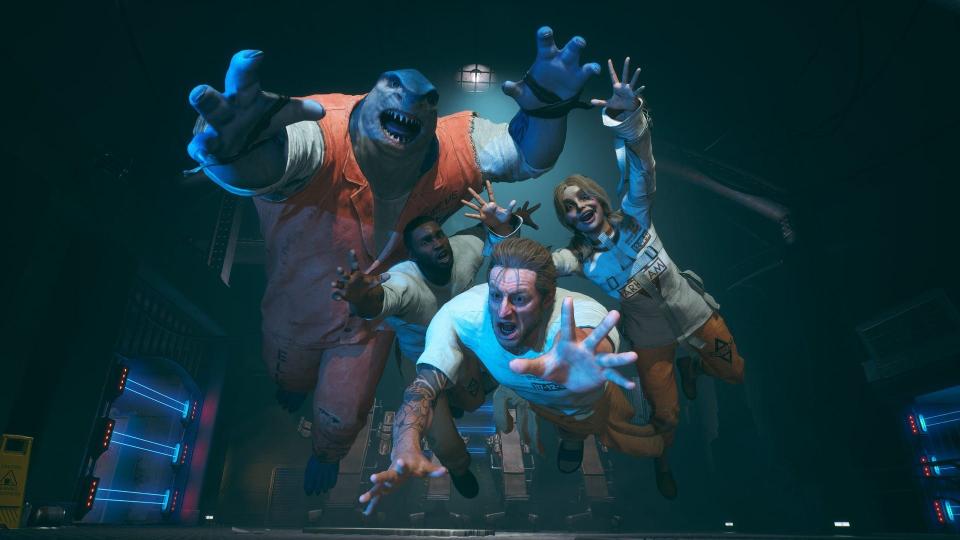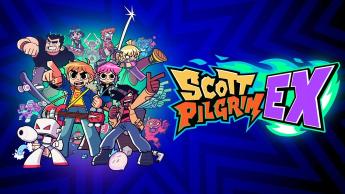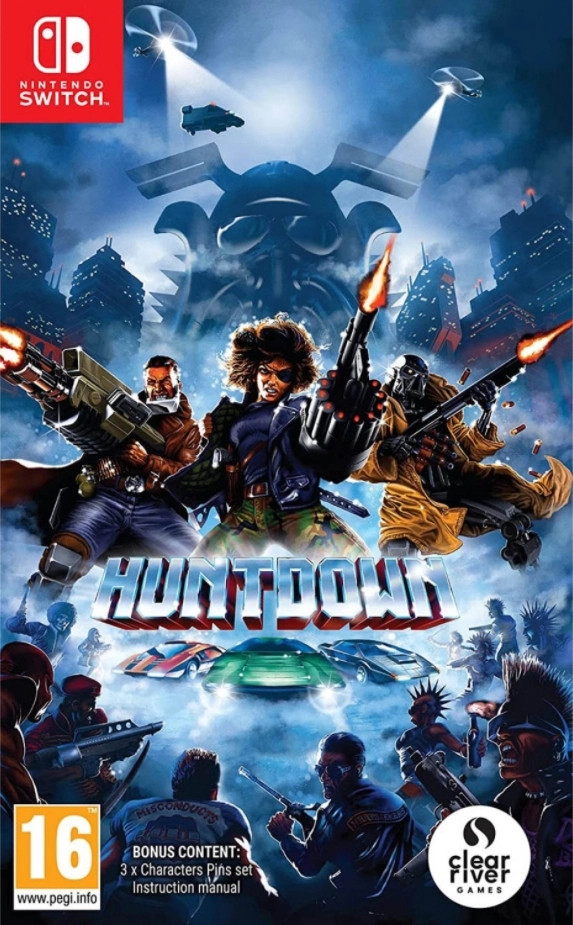Rocksteady Studios' latest release, Suicide Squad: Kill the Justice League, has had a rocky start on Steam with launch day player counts falling significantly short of those seen by Marvel's Avengers, despite both featuring live service elements. Marvel's Avengers, by Square Enix, peaked at around 29,916 players on its first full day on Steam, whereas Suicide Squad managed only 13,459 players. Factors such as brand recognition, live service fatigue, and perhaps performance on other platforms like consoles may have played a role in this underwhelming start.
Suicide Squad: Kill the Justice League is the follow-up to the acclaimed Batman: Arkham Knight and offers players a cooperative gameplay experience, albeit marred by the live service model that has recently seen diminishing enthusiasm from the gaming community. The game does offer a planned range of post-launch content, including a Joker expansion promising a fresh take on the iconic villain, but whether this will boost player engagement remains uncertain.
Why did Suicide Squad: Kill the Justice League have lower Steam launch numbers than Marvel's Avengers?The lower Steam launch numbers for Suicide Squad: Kill the Justice League compared to Marvel's Avengers could be attributed to several factors, including weaker brand recognition, live service fatigue among gamers, the timing of the release compared to Marvel's cinematic successes, and potentially better performance on gaming consoles that wouldn't be reflected in the Steam stats.
Background Information:
Rocksteady Studios, the developers behind Suicide Squad: Kill the Justice League, are well known for their Batman: Arkham series, which has been praised for its narrative depth, engaging combat, and immersive world-building. The Batman: Arkham games have set high industry standards for superhero video games. Marvel's Avengers, developed by Crystal Dynamics and published by Square Enix, despite the massive popularity of the Marvel brand, faced criticism for its gameplay, monetization practices, and live service model, leading to a decline in player numbers post-launch and its subsequent delisting.








Comments
It's interesting to see Suicide Squad: Kill the Justice League fall short on Steam compared to Marvel's Avengers, considering Rocksteady's track record with the Batman: Arkham series. Perhaps live service fatigue and weaker brand recognition played a role, along with potential performance variations across platforms. Nonetheless, it'll be worth keeping an eye on whether post-launch content and cooperative gameplay can draw in more players over time.
It's interesting to see the contrast in launch numbers between Suicide Squad and Marvel's Avengers on Steam. It's likely a combination of brand recognition, gamer fatigue with live service models, and potential performance variations across platforms that contributed to this discrepancy. It'll be intriguing to see if post-launch content and the Joker expansion can revitalize player engagement for Suicide Squad.
The underwhelming Steam launch numbers for Suicide Squad: Kill the Justice League compared to Marvel's Avengers may reflect a mix of factors including brand recognition, live service fatigue, and potential differences in performance across gaming platforms. It'll be interesting to see how post-launch content and player feedback shape the game's trajectory in the months ahead.